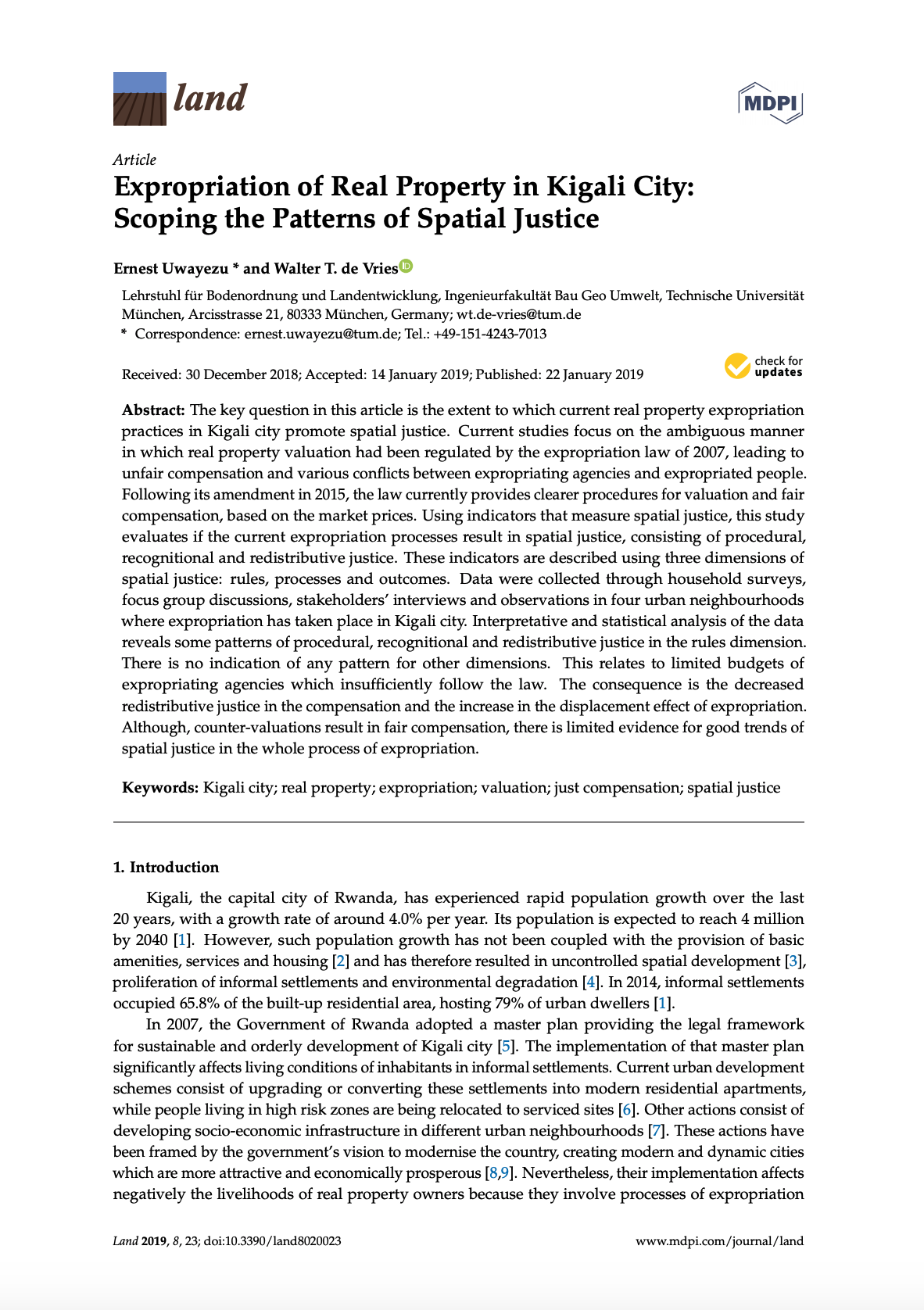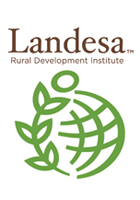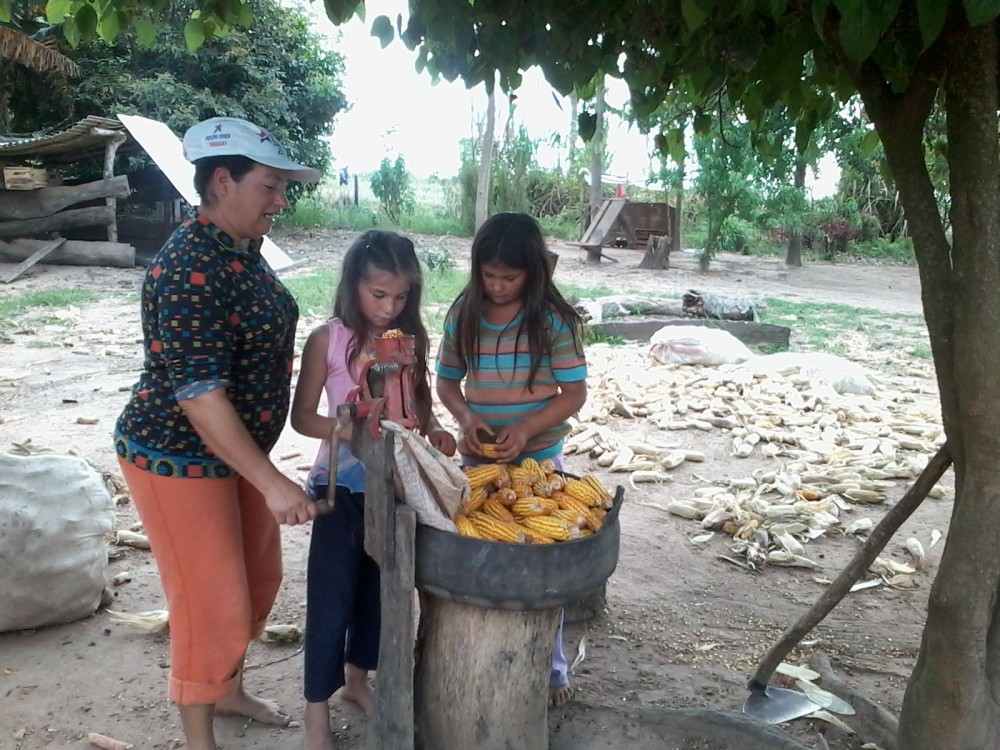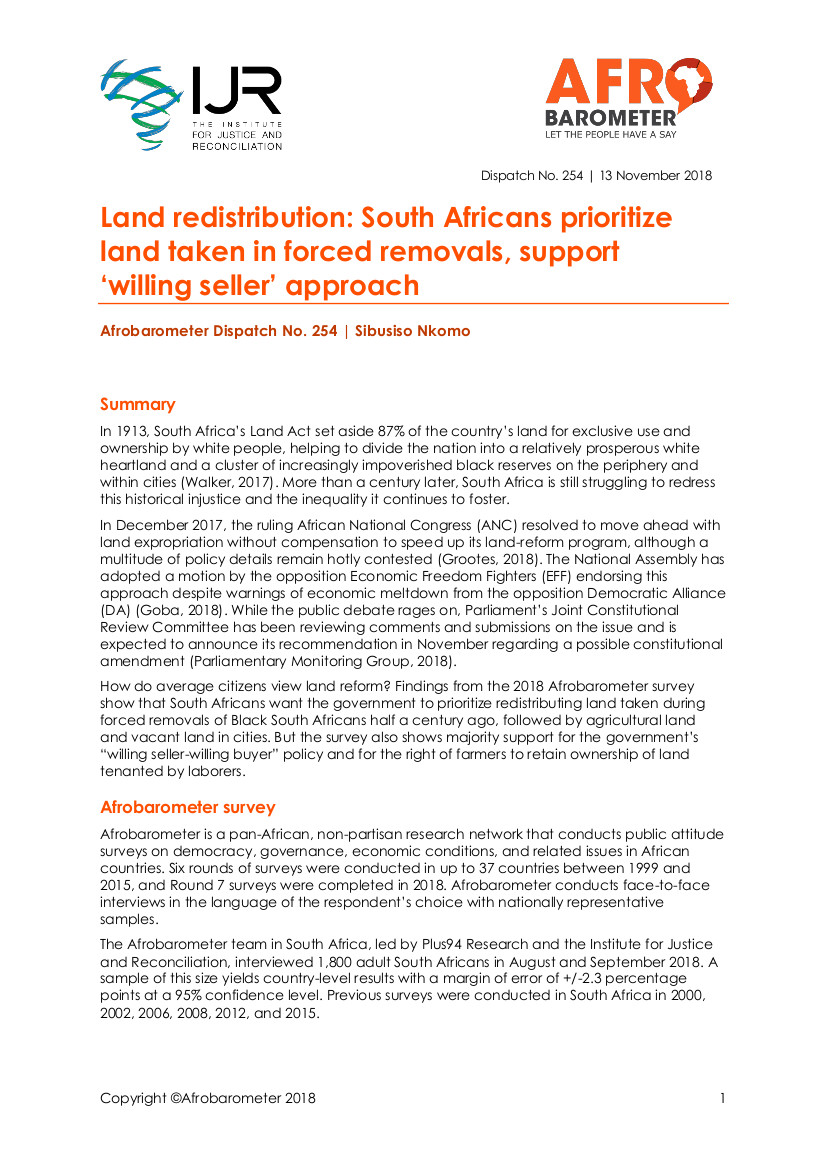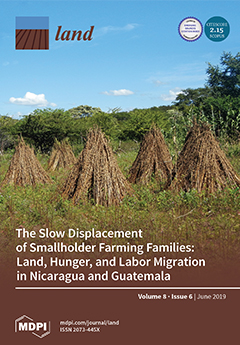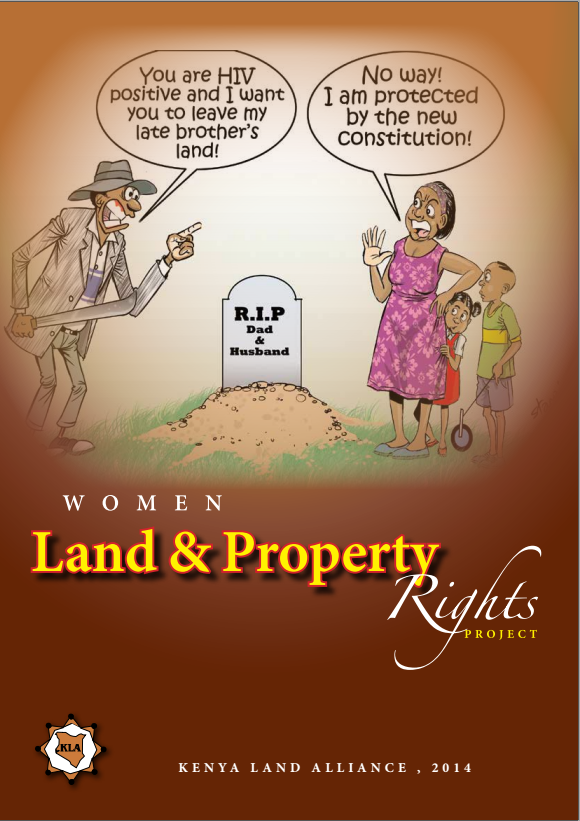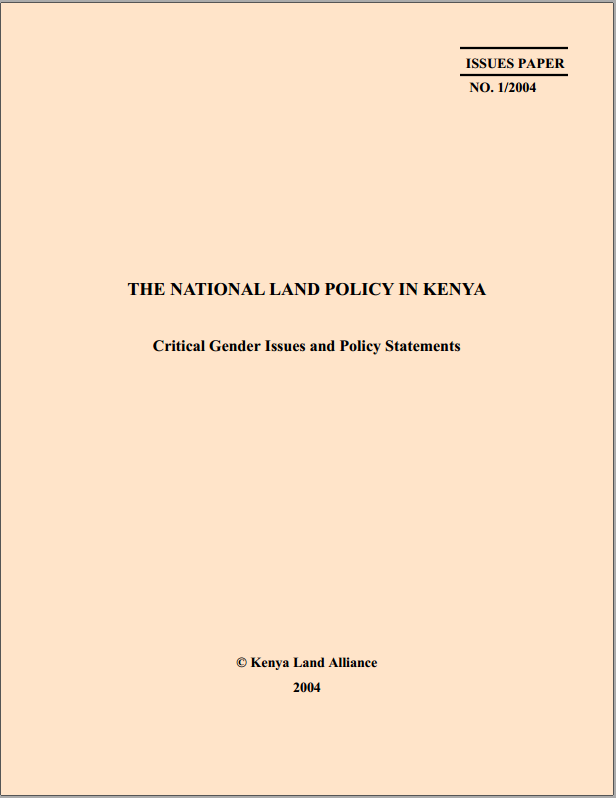Land reform and the development of commercial agriculture in Vietnam: policy and issues
Over the last decade, following the doi moi reforms, the Vietnamese government has formally recognised the household as the basic unit of production and allocated land use rights to households. Under the 1993 Land Law these rights can be transferred, exchanged, leased, inherited, and mortgaged. A land market is emerging in Vietnam but is still constrained for various reasons. Additionally, lack of flexibility of land use is an issue.


